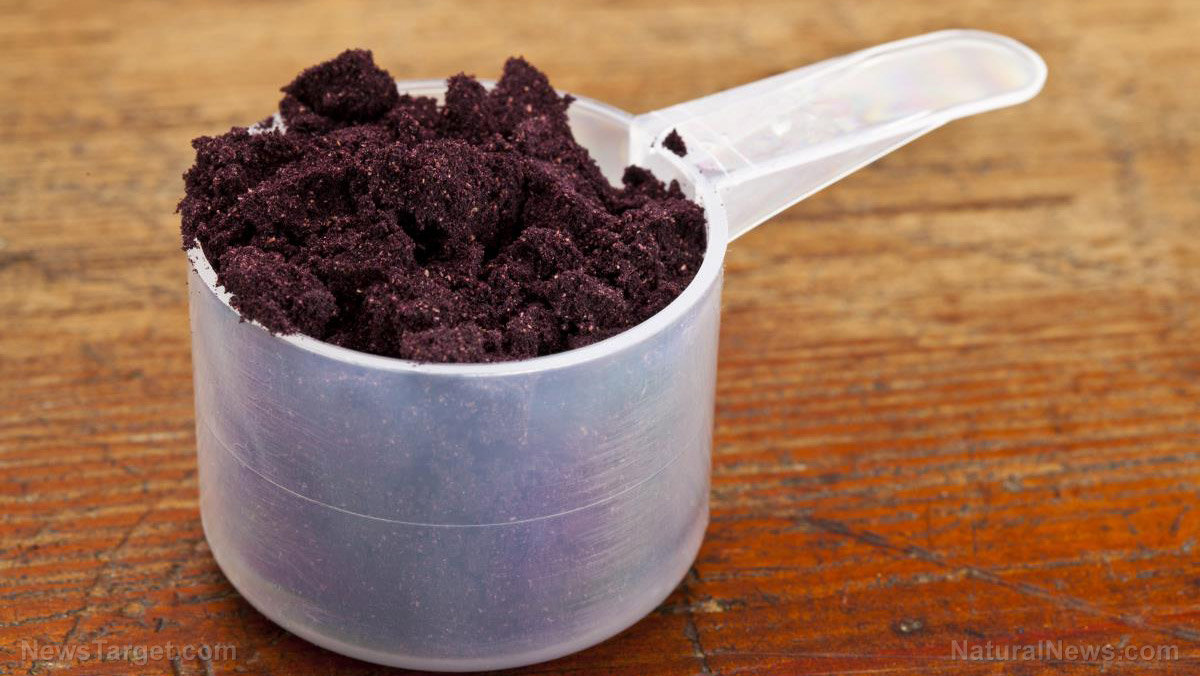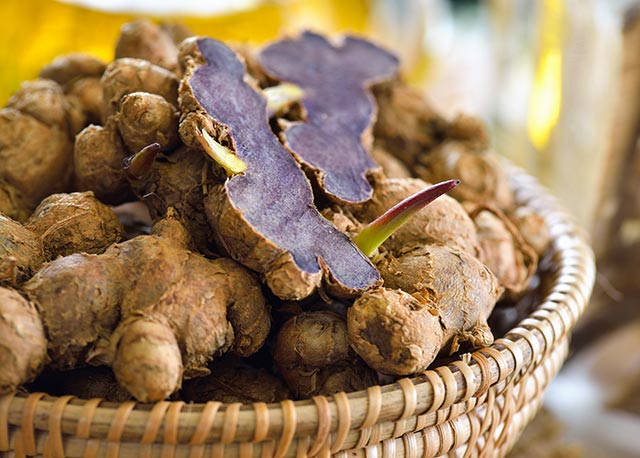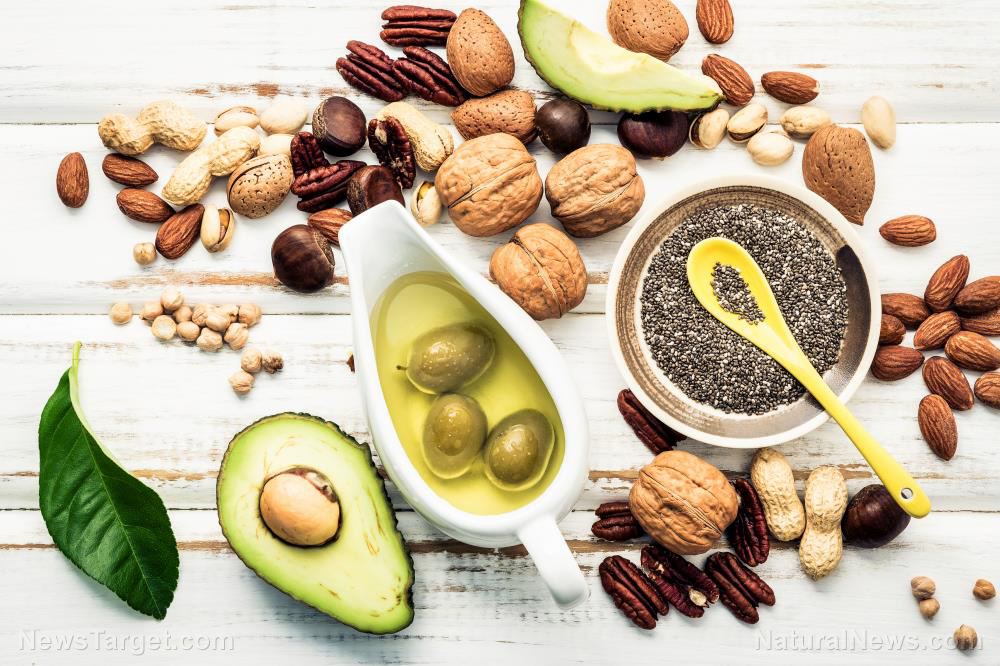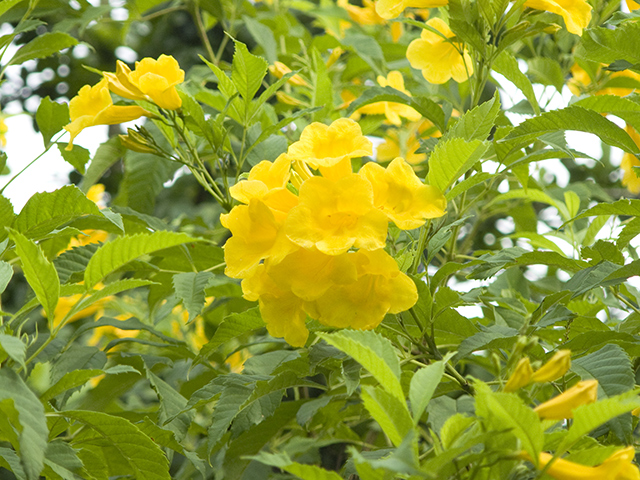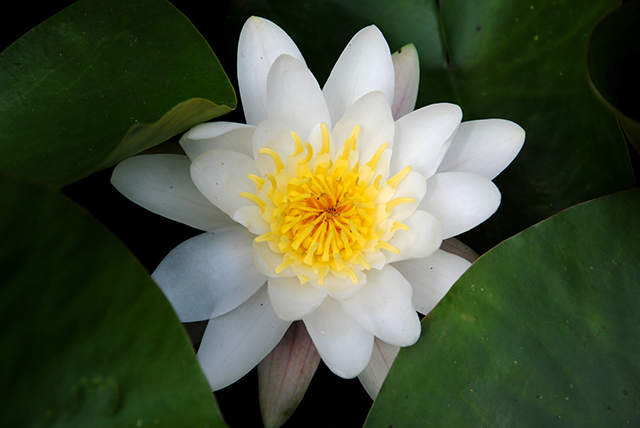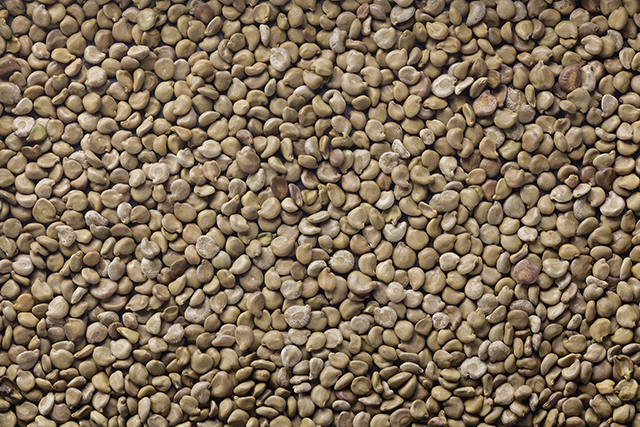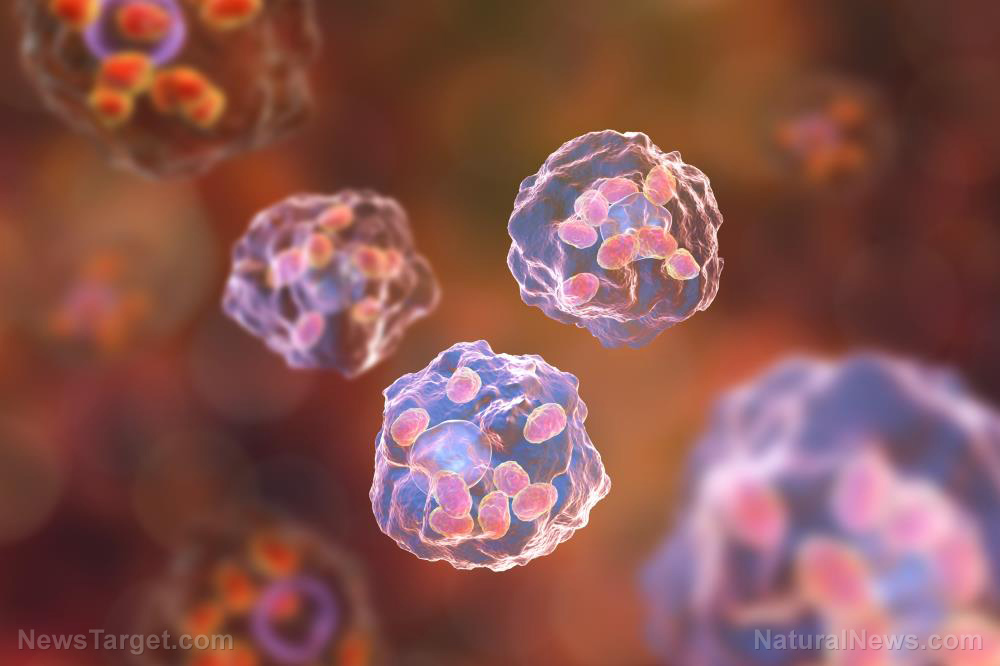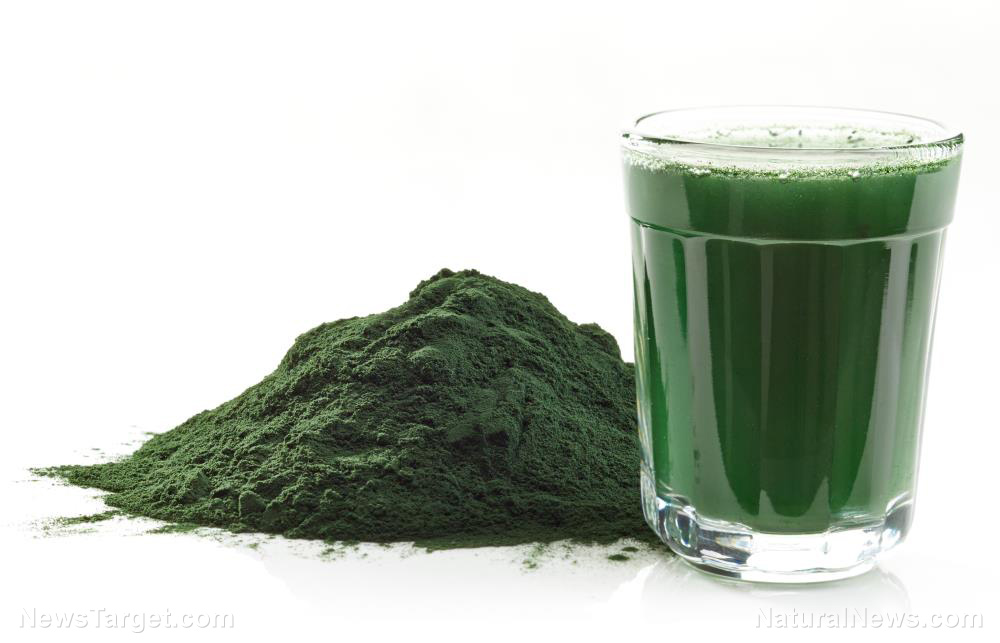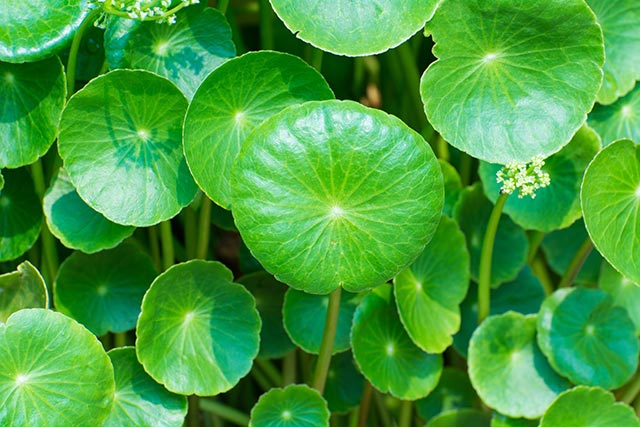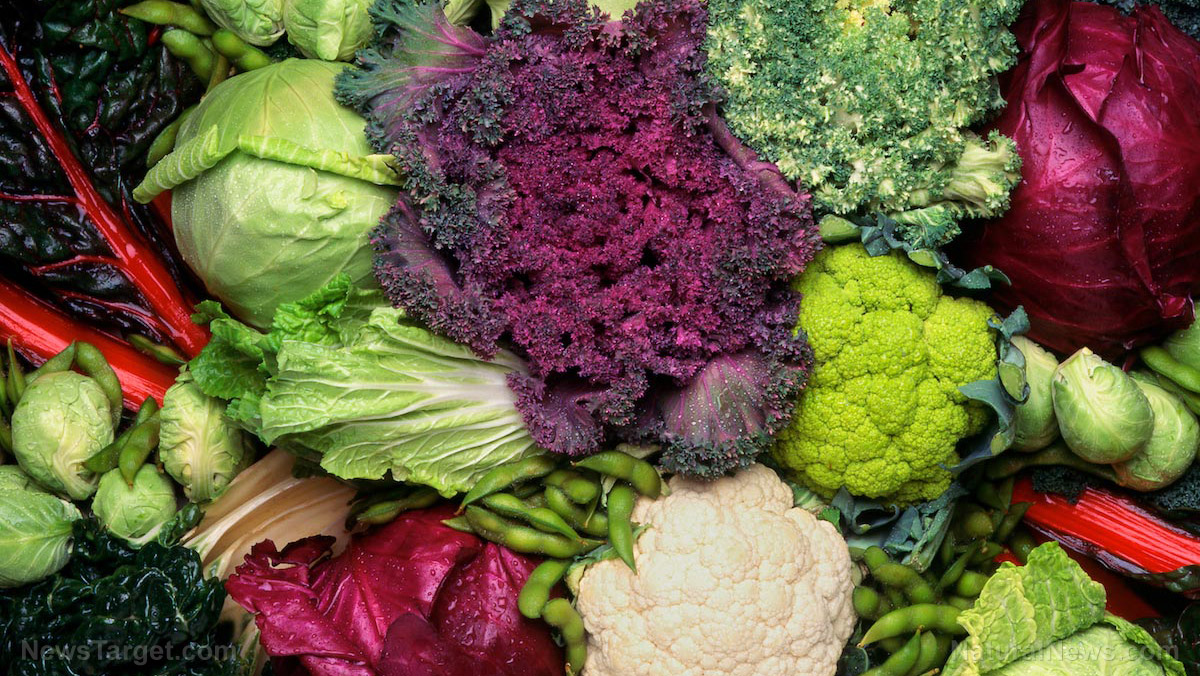Quercetin alleviates allergies and enhances immune system function
11/23/2018 / By Edsel Cook
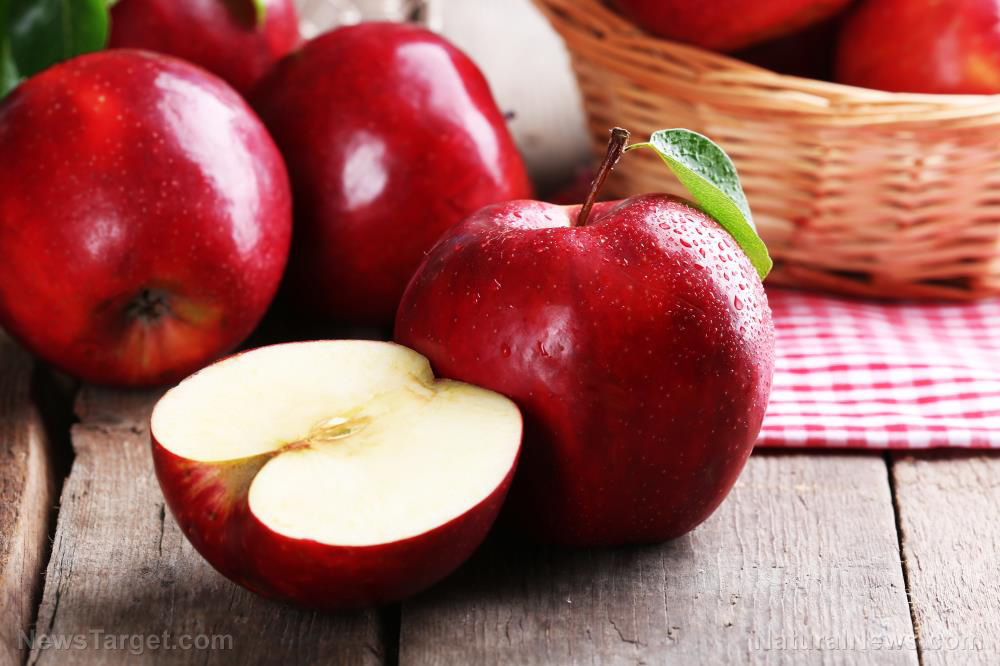
If you are constantly suffering from allergies or would like to bolster your immune system, you should eat foods that are rich in quercetin. This colorful plant-based compound is a natural anti-allergen and anti-inflammatory, an article in Natural Health 365 stated.
Quercetin has been extensively studied because it can reduce cholesterol levels and protect the heart from cardiovascular diseases. Eating a lot of foods with this flavonoid protects against the negative effects of LDL cholesterol.
It reduces the concentration of bad cholesterol in the blood. It also removes atherosclerotic plaque that could clog up arteries.
Like many flavonoids, quercetin exerts strong antioxidant activity. It prevents oxidative stress and inflammation that are linked with higher risks of heart attacks and other similar disorders.
When taken in large amounts on a daily basis, it increases the production of nitric oxide and improves the healthy activity of endothelial cells. These lead to better circulation and healthier blood pressure levels. (Related: Quercetin can slow down the progression of rheumatoid arthritis.)
A natural antihistamine and possible airway muscle relaxant
In addition to fighting cardiovascular disease, quercetin is also effective against allergies and other immune-related disorders. Traditional Chinese medicine commonly prescribes it to alleviate the worst effects of allergic attacks.
The presence of allergens activate mast cells. These cells release inflammatory signal molecules such as histamine, which trigger inflammation in cells and tissues to fight infections. However, allergy-related inflammation also causes various unpleasant conditions akin to a cold. Patients often suffer from congested sinuses, hives, sneezing, runny nose, and watery eyes.
These unpleasant conditions can be alleviated by antihistamine drugs. Unfortunately, these pharmaceuticals have side effects such as dizziness, drowsiness, nausea, and vomiting.
Quercetin is one of the natural equivalents of antihistamine drugs. It suppresses the activation of mast cells, thereby reducing the amount of inflammation-causing chemicals that enter the bloodstream and relieving the effects of the allergic attack.
The flavonoid is not just good for suppressing the release of histamine and other inflammatories. It also dials back the strength of the inflammatory immune system signals given off by mast cells.
Such is the strength of its inhibitory activity against mast cells that quercetin is being tested as a treatment for anaphylactic reactions. One of the most severe types of allergic reactions, anaphylactic reactions can be triggered by something as harmless as peanuts.
As if preventing heart disease and potentially fatal allergic attacks weren’t enough, quercetin can also treat asthma and chronic pulmonary obstructive diseases. The flavonoid can get airway muscles to relax, so it can remove the constriction caused by these respiratory problems.
Quercetin reinforces the immune system and the body
Quercetin protects plants from diseases, harsh weather, and toxic chemicals. Its original role accounts for its effects on allergies, viruses, and the immune system. The flavonoid can maintain the levels of other antioxidants, protect the lungs from oxidative stress, and halt the spread of viral diseases.
When given to mice with H1N1 flu disease, it bolsters the effectiveness of the antioxidants that defend the lungs. Quercetin prevents viruses from replicating and further infecting their hosts. It boosts the synthesis of glutathione, a natural antioxidant and an important part of the immune system.
Last but not least, quercetin could also trigger the anti-aging gene of the body. This reportedly helps prolong the lifespan of a person.
Natural sources includes apples, green tea, red onions, red and purple grapes, and red wine. You can also get quercetin by eating broccoli, citrus fruits, blackberries, blueberries, dark cherries, and raspberries.
NaturalMedicine.news has more stories about the benefits of quercetin by itself and when taken alongside other natural compounds.
Sources include:
Tagged Under: allergic reactions, allergy prevention, allergy treatments, anti-inflammatory compounds, antihistamines, antioxidant activity, antioxidants, immune system, inflammation, natural cures, natural remedies, Natural Treatments, nutrients, phytochemicals, quercetin


